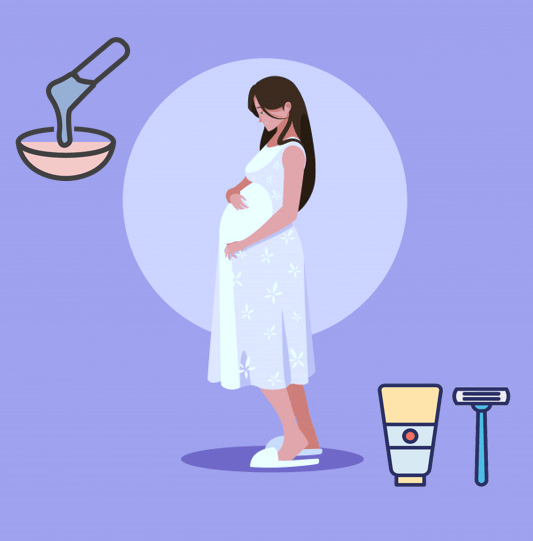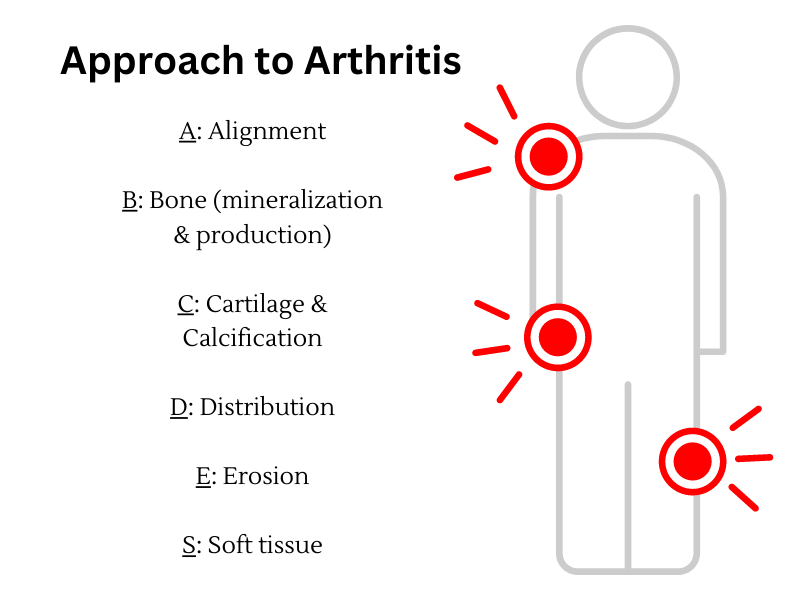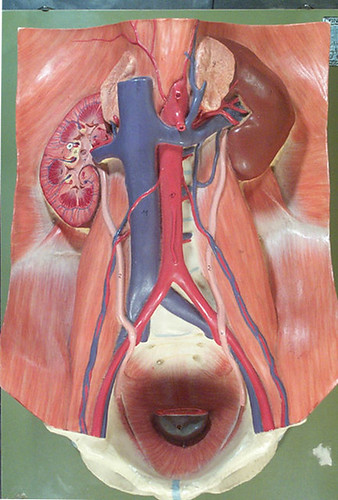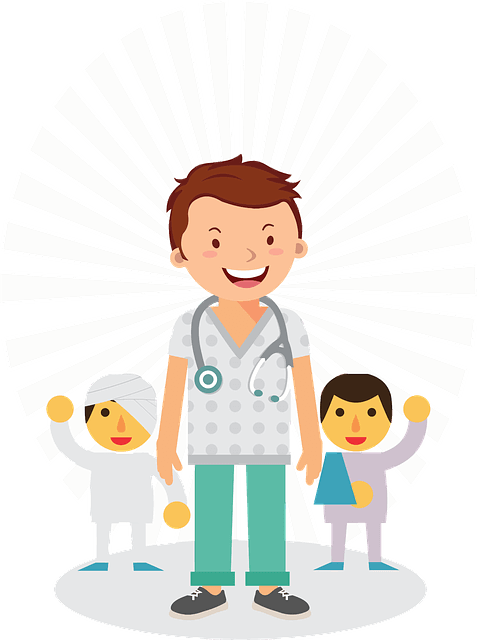
Identification (ID):
- Name
- Age/Date of Birth
- Sex
- Informant ( Reliability)
- Parent’s name, age, address, education, religion
Chief Complaints (CC):
- Symptoms X Duration in Chronological order
History of Presenting Illness (HPI):
- Symptoms: Location, quality, quantity, aggravating and alleviating factors
- Time course: Onset, duration, frequency, change over time
- Rx/Intervention: Medications, medical help sought, other actions taken
- Etiology and risk factors
- Contact history: Exposures, ill contacts, travel
Review of Systems (ROS):
- General—fever, activity, growth
- Head—trauma, size, shape
- Eyes—erythema, drainage, acuity, tearing, trauma
- Ears—infection, drainage, hearing
- Nose—drainage, congestion, sneezing, bleeding, frequent colds
- Mouth—eruption/condition of teeth, lesions, infection, odor
- Throat—sore, tonsils, recurrent strep pharyngitis
- Neck—stiff, lumps, tenderness
- Respiratory—cough, wheeze, chest pain, pneumonia, retractions, apnea, stridor
- Cardiovascular—murmur, exercise intolerance, diaphoresis, syncope
- Gastrointestinal—appetite, constipation, diarrhea, poor suck, swallow, abdominal pain, jaundice, vomiting, change in bowel movements, blood, food intolerances
- GU—urine output, stream, urgency, frequency, discharge, blood, fussy during menstruation, sexually active
- Endocrine—polyuria/polydipsia/polyphagia, puberty, thyroid, growth/stature
- Musculoskeletal—pain, swelling, redness, warmth, movement, trauma
- Neurologic—headache, dizziness, convulsions, visual changes, loss of consciousness, gait, coordination, handedness
- Skin—bruises, rash, itching, hair loss, color (cyanosis)
History of Past Illness:
- Date and Interventions for: Exanthems, Pertussiss, Respiratory tract infections, Gastrointestinal infections, Previous similar episodes, Any significant disease, accidents or injuries, Foreign body
- Hospitalizations
- Surgeries
Perinatal History:
- Pregnancy (Antenatal): Gravida/Para status, Maternal age, Duration, Exposures (medications, alcohol, tobacco, drugs, infections, radiation), Complications (Bleeding, Diabetes, Hypertension), Problems with previous pregnancies, Occurred on contraception? Planned?
- Labor and Delivery (Natal): Length of labor, Rupture of membrane, Fetal movement, Medications, Presentation, Mode of delivery, Assistance (Forceps, vacuum), Complications, APGARs, Immediate breathe/cry, Oxygen requirement, Intubation and duration
- Neonatal (Postnatal): Birth height and weight, Abnormalities, Injuries, Length of hospital stay, Complications (Respiratory Distress Syndrome, Cyanosis, Anemia, Jaundice, Seizures, Anomalies, Infections), Behavior
Development History:
- Assess each of the 4 areas individually in order: Gross motor, Fine motor, Language, Personal social
- Ask the milestone which you expect the child to achieve at that age
- If the child has acquired these functions, the development can be considered as normal. State as follows: The development of this __ months old child matches the chronological age in all 4 spheres of development.
- If the child has not acquired the desired function, ask for a function that the child would have achieved by an earlier age, in that particular sphere of development. State as follows: The development of this __ months old child in the __ area corresponds to a chronological age of between __ to __ months.
- Try to find out etiology through perinatal, family or social history, if there is developmental delay
Family history:
- relatives, ages, health problems, deaths (age/cause), miscarriages/stillbirths/deaths of infants or children, pedigree chart upto 2nd degree (Upto 3rd degree if genetic disease suspected)
Social history:
- Parent’s education and occupation, living arrangements, pets, water supply, lead exposure (old house, paint), Smoke exposure, religion, finances, family dynamics, risk taking behaviors, school/daycare, other caregivers
Nutritional history:
- When was the 1st feed given?
- Whether baby received any prelacteal feeds?
- How many times breast-feed is given in last 24 hours?
- How many night feeds were given?
- Does the child receive any other food or drink in addition to breastfeeds? If yes which food and drink?
- If animal milk/formula milk: how many times in last 24 hours? Dilution?
- What is being used to feed the child if baby is receiving feed other than breastfeeds: cup/spoon/bottle?
- How feeding bottle/cup is prepared: washing? Boiling?
- How many times baby is passing urine in 24 hours?
- What is the color of urine?
- Ask mother if she has any pain during breastfeeding?
Immunizations:
- up to date, reactions
Medications:
- past (antibiotics, especially), present, reactions
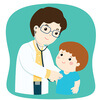
MD Pediatrics and Fellowship Neonatology, he chooses to stay anonymous. He often writes his views online as well as share few important topics for medical students, doctors and specially parents. He does research in pediatrics.
